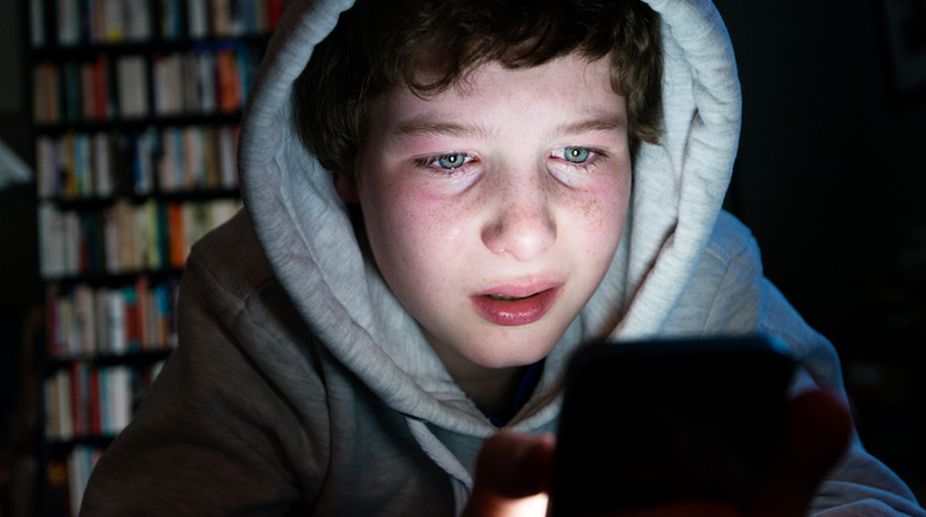Exposure to psychological abuse between parents has more damaging effect on children's well-being in the long term than physical domestic violence, a study has showed.
The study showed evidence of exposure to high levels of psychological abuse, which includes name-calling, intimidation, isolation, manipulation and control, was associated with a decrease in young people's satisfaction with their social support.
Advertisement
On the other hand, we also found that exposure to high levels of physical domestic violence has a protective effect in terms of satisfaction with social support for those also exposed to high levels of intra-parental psychological abuse.
"When children are exposed to both physical violence as well as psychological domestic abuse in the home, they were more likely to be happier with the social support they were able to access," said Catherine Naughton from University of Limerick (UL), Ireland.
However, "psychological domestic abuse when it occurred alone seems to be the most damaging, perhaps because people are unable to recognise and speak out about it", Naughton added.
For the study, published in the Journal of Interpersonal Violence, the team examined 465 young adults aged 17 to 25 years.
They reported experiencing two distinct yet interrelated types of domestic abuse in their families of origin: physical which includes hitting, punching, kicking and use of a weapon; and, psychological abuse including arguing, name-calling or behaviour that is intimidating, isolating, manipulating or controlling.
"Our findings show that it was young people's exposure to the psychological dimension of domestic abuse, which had a detrimental impact on their psychological well-being. Exposure to the physical dimension did not have any additional negative effect on well-being," Naughton stated.











